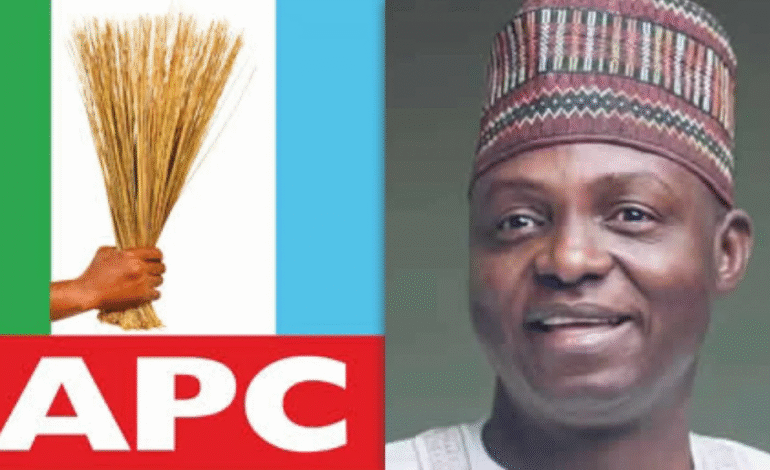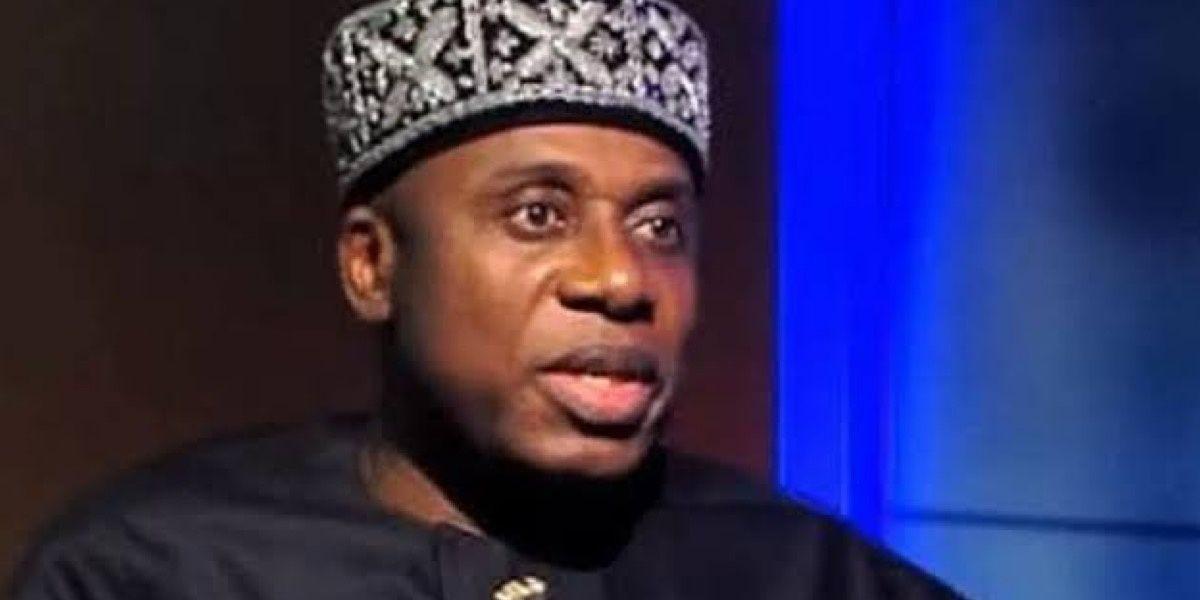By Ayomide Otitoju
The Federal Government’s revenue rose significantly by 76%, from ₦7.1 trillion in 2022 to ₦12.5 trillion in 2023, driven by higher oil earnings and improved tax collections. This is according to the recently released 2025–2027 Medium Term Expenditure Framework and Fiscal Strategy Paper from the Ministry of Budget and Economic Planning.
The document attributes the sharp increase in oil revenue to a 200% growth, from ₦0.8 trillion in 2022 to ₦2.4 trillion in 2023, accounting for 19.2% of total revenue. Higher crude oil production, which rose from an average of 1.31 million barrels per day (mbpd) in 2022 to 1.41mbpd in 2023, was a key driver of this growth.
Non-oil revenue also recorded a 57.8% rise, from ₦6.4 trillion to ₦10.1 trillion, contributing 80.8% of total revenue. Corporate Income Tax (CIT) and Value-Added Tax (VAT) collections were major contributors, exceeding targets by 103.9% and 23.2%, respectively. Customs collections totaled ₦1.98 trillion, achieving 79.6% of the projected target.
Budget Performance Highlights
Gross Oil and Gas Revenue: ₦7.87 trillion actual vs. ₦9.38 trillion projected (83.9% performance).
Net Oil Revenue: ₦4.93 trillion, surpassing the target by ₦306 billion (6.6%).
Non-Oil Tax Revenue: ₦9.89 trillion collected vs. ₦7.53 trillion projected (31.2% above target).
Customs Duties and Levies: ₦889.27 billion collected, including ₦781.80 billion in import duties and excise.
The Federal Government’s overall revenue exceeded its 2023 budget target of ₦11.05 trillion, reaching ₦12.84 trillion—16.2% higher than anticipated.
Additional Revenue Streams
Independent revenues: ₦1.84 trillion
Government-Owned Enterprises (GOEs): ₦2.19 trillion
Education Tax: ₦719.44 billion
Grants/Aid: ₦1.57 trillion
Looking Ahead
The Budget Office expressed optimism about future revenue growth, noting that ongoing reforms are expected to enhance fiscal sustainability. While Nigeria’s non-oil revenue has improved, the country’s tax-to-GDP ratio remains low compared to nations with similar economic potential.
The office highlighted the importance of fully implementing the recommendations of the Presidential Tax Reform Committee to boost compliance and expand the tax base. Recent recognition in the 2023 Tax Transparency in Africa Report underscores Nigeria’s progress in curbing tax evasion and fostering transparency.
These developments align with the government’s commitment to fulfilling its fiscal obligations and delivering on the Renewed Hope Agenda of the current administration.










